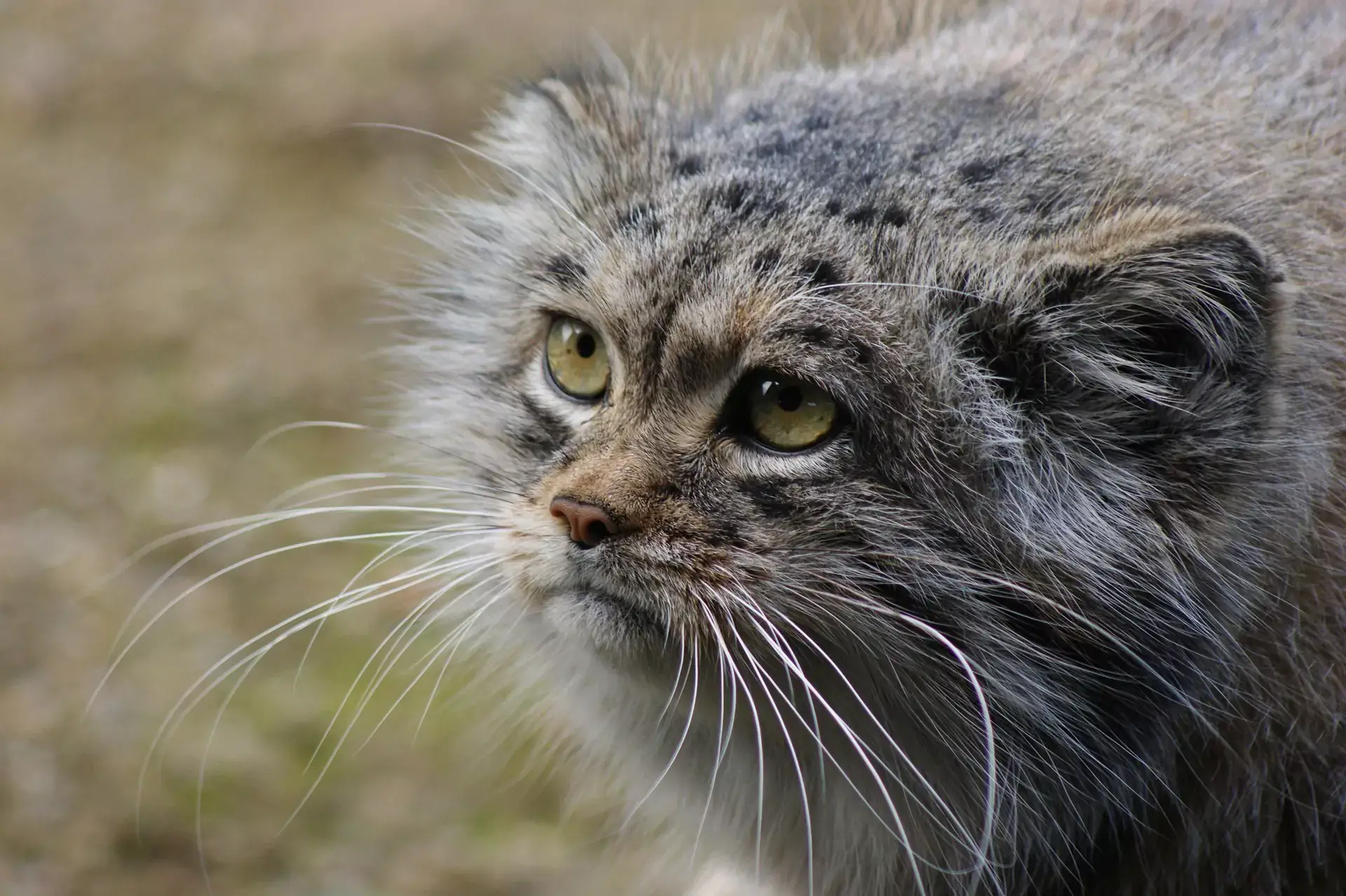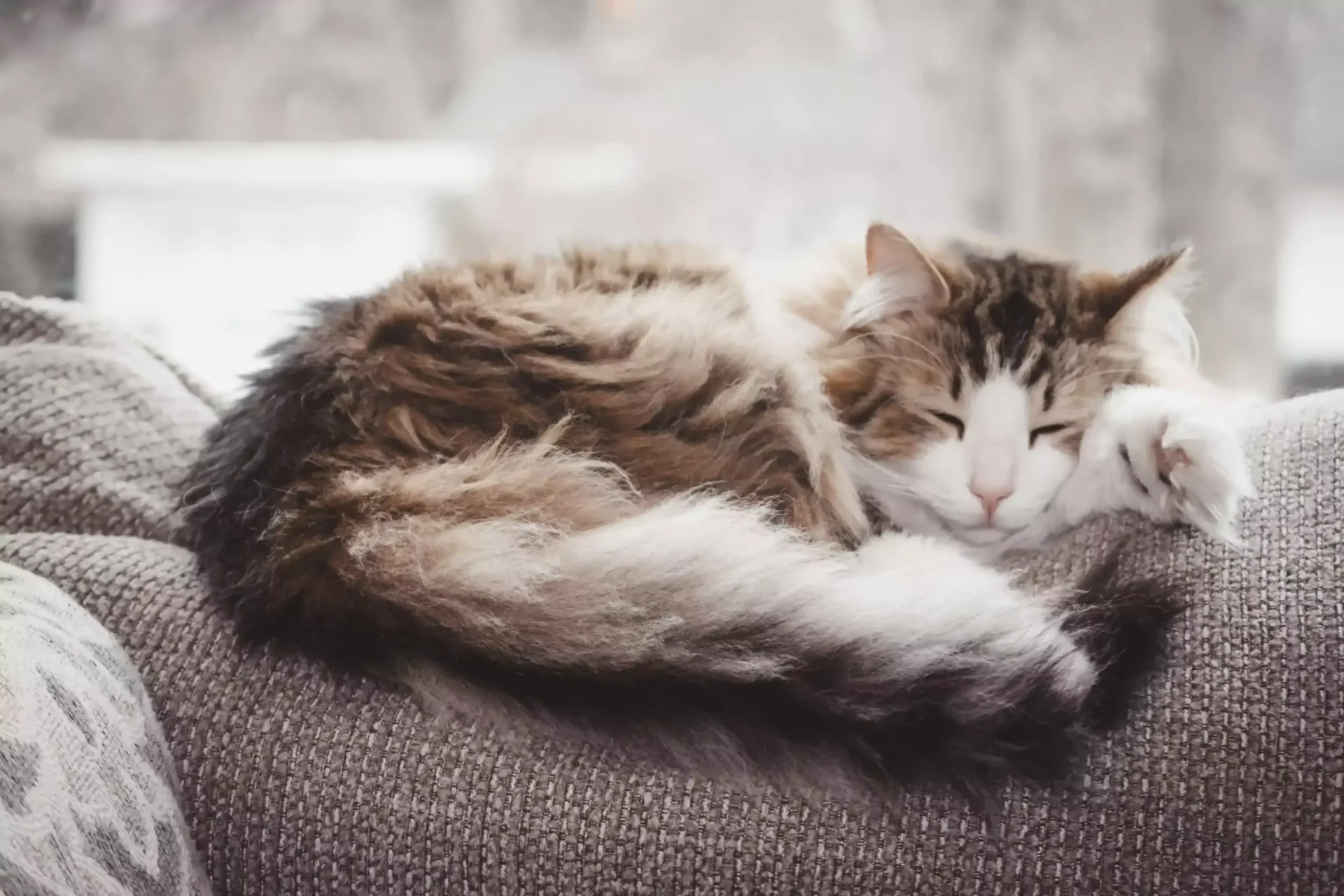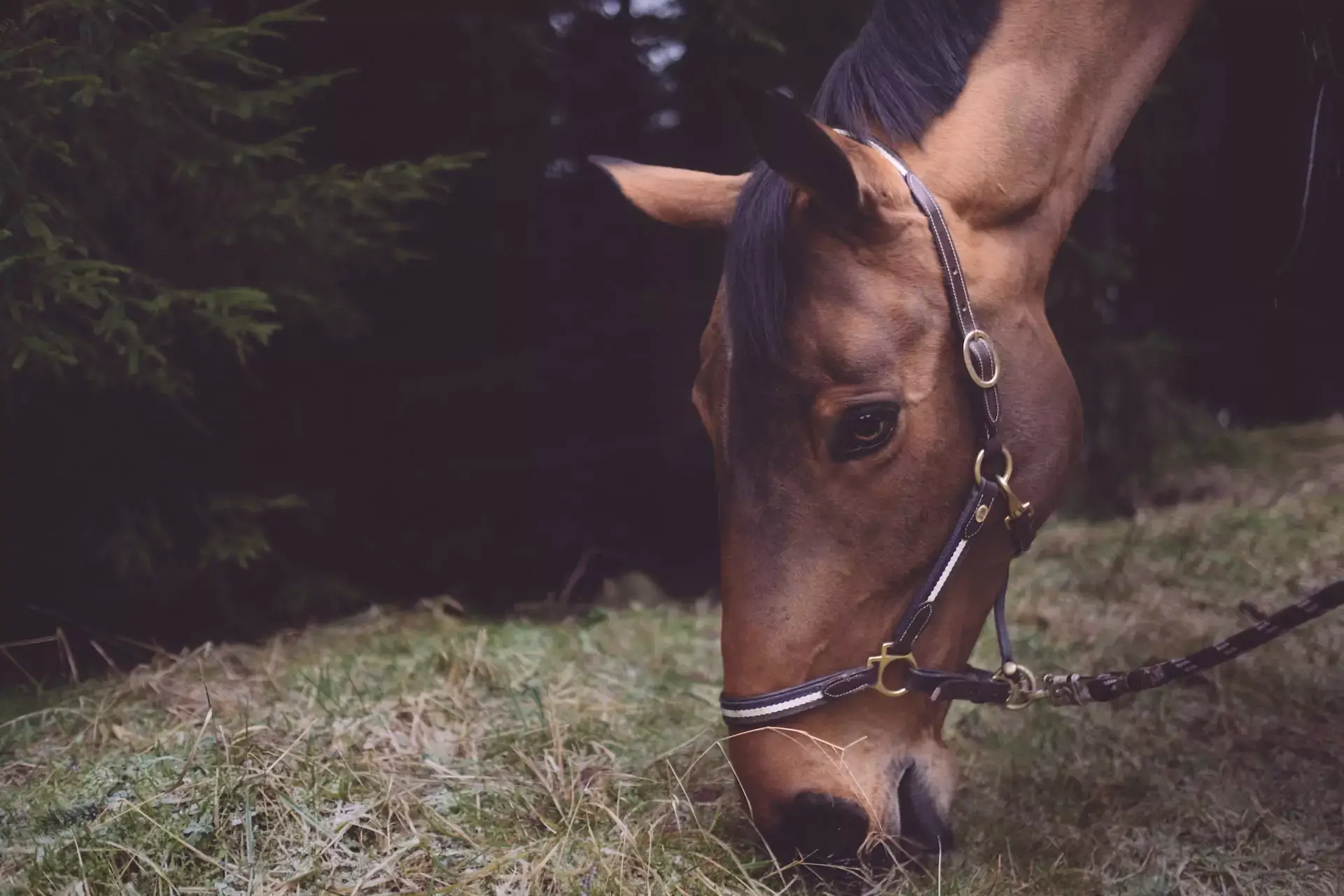Taking Your Senior Cat to the Veterinary Clinic
Cats generally reach their senior years at approximately eleven years old. Nowadays, kitties often enjoy a long and healthy life, living well into their teens or even twenties. Our cherished feline companions often age gracefully, so you’re more likely to notice subtle, progressive changes in Fluffy’s appearance and behavior rather than sudden, dramatic transformations. However, just like elderly people, older kitties require more frequent visits to the veterinarian than their younger counterparts. In this article, a Exeter, CA veterinarian provides helpful advice on how to bring an older cat to the doctor.
How Often Should Fluffy Visit Her Veterinarian?
There is no definitive answer to this question, as it will vary depending on Fluffy’s age, health, and lifestyle. Regular check-ups on a yearly basis are recommended for all cats, but seniors often benefit from more frequent appointments, particularly if they have health issues. Follow your vet’s recommendations. Of course, if you notice signs of illness, you’d need to make an appointment right away.
What Are Some Common Health Problems That Older Cats Might Have?
As cats age, they can experience a range of health issues similar to those that affect older humans. Kidney disease is a common one. Our senior patients are also prone to a variety of common conditions, such as diabetes, hyperthyroidism, cancer, heart disease, liver disease, osteoarthritis, and IBD (Inflammatory Bowel Disease). Another common issue that senior cats face is Feline Lower Urinary Tract Disease (FLUTD), which can result in urinary blockage, bladder stones, and kidney complications.
Cognitive decline is also pretty widespread among older cats, even if they are otherwise healthy.
While any kitty can be affected by these illnesses, certain breeds are more likely to develop specific health issues. It might be worth considering getting a kitty DNA test.
Taking Fluffy To The Exeter, CA Veterinary Clinic
It’s unlikely that Fluffy will suddenly develop a newfound love for visiting the clinic in her golden years. Most cats prefer staying home, so their busy napping schedules are not interrupted. Man’s Second Best Friend also generally dislikes car rides. (Actually, that’s an understatement.)
You can take a few steps to enhance Fluffy’s travel experience.
- A Comfortable Carrier Everyone wants a comfortable ride!
- Timing Is Everything: Try to book a time when the clinic is less busy. Quiet days are never guaranteed, as emergencies can occur at any moment. However, some days and times are usually busier than others. Of course, if your pet is showing symptoms of illness, you would need to bring her in immediately.
- Drive Carefully: Avoid sudden turns, rough terrain, and abrupt acceleration or deceleration.
What Are The Best Practices For Safely Transporting An Older Cat?
When traveling, it’s important to make sure that Fluffy is safely enclosed in a crate or carrier. This ensures her safety and gives you peace of mind, as you won’t have to be concerned about your furry friend climbing onto your lap while you’re driving.
Add soft bedding to make the carrier more inviting. Another option to consider is including a cherished toy or indulging your feline friend with some catnip.
As cats age, they might start to feel stiffness and discomfort, particularly if they have arthritis or other health problems. Fluffy might not like being held. Be extremely cautious when handling your feline pal!
What Changes Can I Expect As My Feline Companion Ages?
As previously stated, our feline friends typically enter their golden years at around 11 years old. An 11-year-old kitty can still have a lot of energy and playfulness, with many happy years of purring and pouncing ahead of her. Once your furry companion reaches approximately 15 years of age, they will be classified as geriatric.
As far as changes go, you might notice that Fluffy sleeps more and isn’t as active as she used to be. Your cute little friend might also appear a bit messy. Grooming can pose a challenge for older cats. In addition, their fur tends to become oily. Give your pet a helping hand here by brushing her regularly.
Keep in mind that our feline pals mature differently. Some cats may appear to be in good health and purrfectly content, but then experience a sudden decline. Others might only gradually experience the impact of illness, disease, or the natural progression of time.
Pay close attention to your feline buddy and stay alert for any indications of discomfort. These could be quite subtle! If you happen to come across anything that seems unusual, please feel free to reach out to us immediately.
How Can You Figure Out If Your Senior Cat Is Not Feeling Well?
Some of the things to be on guard for include weight loss, increased urination, stiffness, vomiting, diarrhea, increased thirst, litterbox troubles, and respiratory problems. It’s crucial to watch for any changes in behavior as well. When cats are unwell or experiencing discomfort, they may vocalize loudly. Your feline companion may also exhibit unusual behavior.
Lethargic behavior is another red flag to watch out for. Fluffy has the remarkable ability to sleep for up to 20 hours a day. However, there might be an underlying issue if she is constantly sleeping.
If you observe any unusual signs, contact your veterinarian in San Rafael, CA, promptly.
What Happens When An Older Cat Goes To The Vet?
If Fluffy is only coming in for an exam and wellness care, the appointment will likely be straightforward and standard, much like her routine checkups have always been. The veterinarian will assess your pet’s overall health and observe vital signs, such as pulse and breathing. Furthermore, they will give you details regarding any suggested immunizations or boosters that Fluffy may require. Additional tests or panels may be recommended based on your cat’s age and any symptoms she exhibits.
How Can You Keep A Senior Cat Safe And Happy At Home?
You can implement several measures at home to guarantee that your cherished pet remains happy, healthy, and purring.
First and foremost, ensuring that your beloved pet receives a nutritious diet, a comfortable living environment, and a clean litterbox will significantly enhance their overall health and happiness. It’s also important to provide Fluffy with plenty of toys and playtime.
You can also make minor changes to create a home environment that is more accommodating for senior pets. Consider getting pet ramps or steps to help your cat easily reach her favorite resting spots. Night lights can assist her in navigating the house during the evening hours. Beds are also very important to our feline pals. Provide lots of comfy spots for your pet to choose from for all those naps. Consult your veterinarian for particular information on your cute pet’s changing care needs.
Lastly, make sure that Fluffy feels loved and secure. Senior cats have a unique charm, and their purrs are truly precious! Cherish every meowment with your feline buddy!
Schedule An Appointment For Your Senior Cat At Our Exeter, CA Pet Clinic
Are you interested in gaining more knowledge about the proper care of an older cat, or would you like to arrange an appointment for your feline companion? Don’t hesitate to reach out to us at your Exeter, CA animal clinic whenever you require assistance. We are always happy to help!





!Social Icons